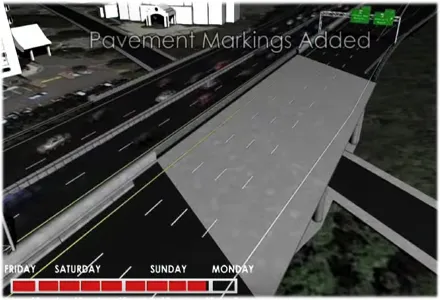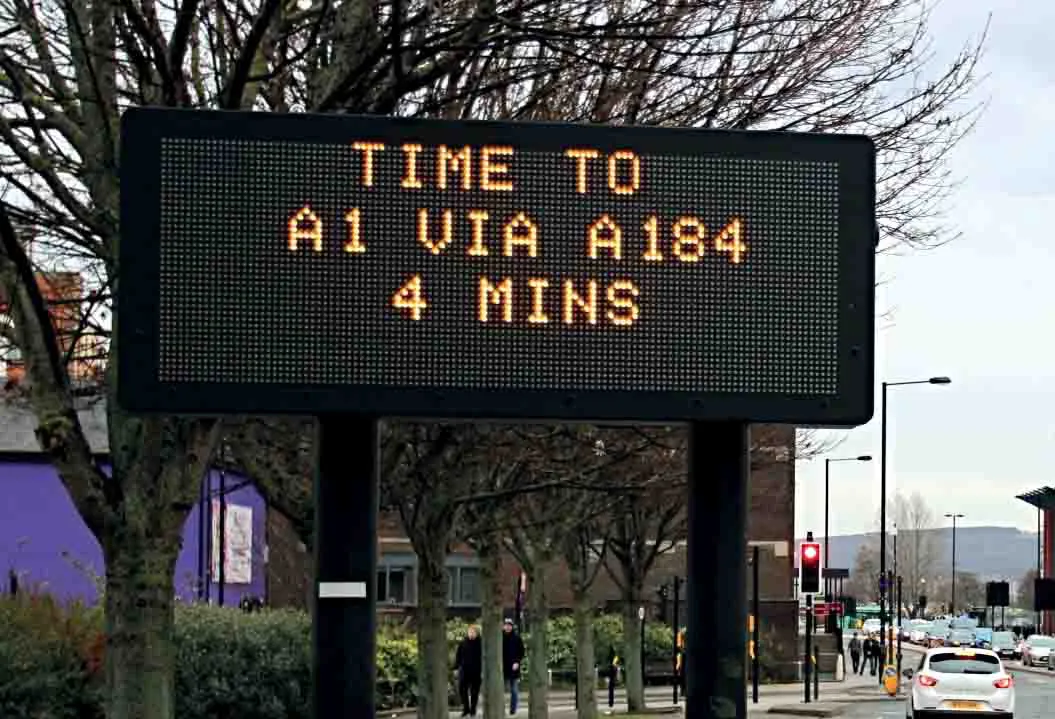New powers to help UK councils cut the disruption caused by road works, estimated to cost US$6.3 billion a year, have been announced by Transport Minister Norman Baker.
March 15, 2012
Read time: 2 mins
New powers to help UK councils cut the disruption caused by road works, estimated to cost US$6.3 billion a year, have been announced by Transport Minister Norman Baker.
Under ‘lane rental’ schemes, councils will be able to charge utility companies up to US$4,000 a day to dig up the busiest roads during peak times when road works cause the most disruption. This will incentivise utility firms to carry out their works more quickly and at times when roads are quieter. Companies would be able to avoid the charges by carrying out works during off-peak periods or, if appropriate, at night.
Following consultation, the5432 Department for Transport has published guidance for local authorities wanting to put lane rental schemes in place. In order to gather evidence on the effectiveness of lane rental, the Department has proposed that schemes should initially be used in up to three pioneer authorities - one metropolitan area and two others - and is inviting applications from interested local authorities. The successful pioneer areas will need to have exhausted other options, including using a permit scheme. They will also be required to evaluate their lane rental schemes annually and this evidence will be used to decide how further lane rental schemes should be implemented.
"It is incredibly frustrating to find vital roads being dug up in the middle of the rush hour or, even worse, traffic lanes closed when no one is even carrying out any work. While permit schemes are working well to reduce disruption from roadworks in areas where they have been sanctioned, we think it sensible to try out a further option,” said Baker. “We believe lane rental schemes provide a further incentive to utility companies and local authorities to carry out their works at times when they will cause the minimum disruption and to complete them as quickly as possible.”
Under ‘lane rental’ schemes, councils will be able to charge utility companies up to US$4,000 a day to dig up the busiest roads during peak times when road works cause the most disruption. This will incentivise utility firms to carry out their works more quickly and at times when roads are quieter. Companies would be able to avoid the charges by carrying out works during off-peak periods or, if appropriate, at night.
Following consultation, the
"It is incredibly frustrating to find vital roads being dug up in the middle of the rush hour or, even worse, traffic lanes closed when no one is even carrying out any work. While permit schemes are working well to reduce disruption from roadworks in areas where they have been sanctioned, we think it sensible to try out a further option,” said Baker. “We believe lane rental schemes provide a further incentive to utility companies and local authorities to carry out their works at times when they will cause the minimum disruption and to complete them as quickly as possible.”








